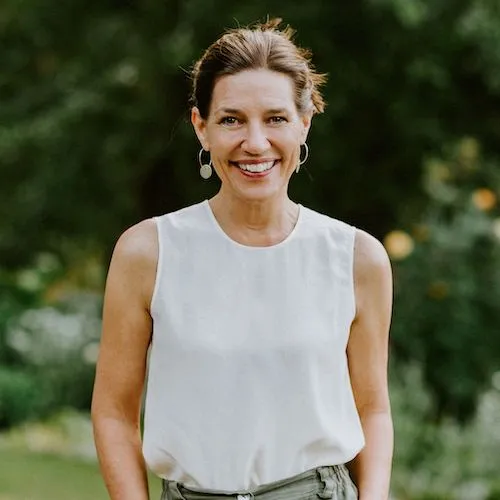
Yesterday I heard a friend speak about a recent scare she had with her partner. Out of the blue he had a panic attack that left him barely able to stand and unable to speak for a short time. Understandably, the experience completely terrified her. In that moment, she thought he was having a heart attack and her mind was filled with thoughts about what she would do if he died.
As it turned out, the episode passed pretty quickly and it was nothing life threatening but still, it left her shaken and made her step back and think about the things that really matter – like spending more time with her partner rather than rushing around as much as she had been.
I related to her story. I adore my family and have a fantastic relationship with my partner that I think I sometimes take a little for granted.
My friend’s story reminded me that it’s important to continue to invest in our most treasured relationships.
Use the following tips as a guide, and let us know if you have some of your own.
1. Be a good listener.
Next time you’re having a conversation, take the time to really listen to what people are saying. Try not to jump in with your own point of view before you’ve heard them out.
2. Put yourself in their shoes.
Take a moment to step back and think about how the other person might be feeling. Sometimes we get so caught up in our own thoughts that we forget to consider what it might be like from a different perspective.
3. Give a little bit.
Surprise someone with a small act of kindness. Giving of yourself can seem difficult if you’re feeling tired or a bit flat, but research shows that when we do things for others it has a positive impact on our own happiness.
4. Open up.
Sometimes the things that are left unsaid are the most damaging of all. If you’re experiencing a tricky time in a relationship but you haven’t let the other person know why, open up and talk about it. Choose the right time and avoid attacking – focus more on your own feelings and make direct requests if you want something to change.
5. Say sorry.
If you know you’ve hurt someone, put your pride aside and apologise. Make sure you don’t spoil your apology by adding blame. Simply saying ‘I’m sorry I hurt you’ is the best kind of apology.
6. Make small gestures.
Cook a meal for a friend who has been unwell or who is having a difficult time. Make a cup of tea for your partner, cook your kids their favourite meal or visit an elderly neighbour for a cup of tea. Everyone loves a little kindness and nurturing.
7. Look for the good.
Our brain has a strong bias towards the negative so we need to make an extra effort to remember the things that we love about life – and the things that we love about the people around us. Notice three things that you love about the people closest to you – you might even want to share those thoughts with them.
8. Let go of being right.
It’s tempting to want to correct people when they get their facts wrong, but do it too often and you risk losing friends. Apparently Dr Phil asks ‘do you want to be right, or do you want to be happy?’ Remember this the next time you notice that someone has made a mistake, and let it pass.
9. Make room for each other’s differences.
The world would be a very dull place if we all thought the same way and held the same beliefs. Learn to be patient and respectful of points of view that differ from your own.
10. One person won’t meet all of your needs.
Remember that most of us will have different people in our lives who meet different needs. Some friends are great for a light-hearted conversation; others will be good at helping you solve life’s biggest challenges. Try not to expect the people you love to meet every one of your needs.
11. Be respectful.
Loyalty and respect are wonderful qualities in any relationship. Make it your habit to only speak kindly of others and to avoid correcting your partner, friends or children (especially in public!).
12. Be forgiving.
Holding onto anger or resentment isn’t good for your health. Forgiveness doesn’t mean condoning poor behaviour – it means being willing to let go of old hurts to make room for a more connected and meaningful relationship. It’s also good for your own wellbeing.
We would be delighted for you to reproduce our articles as long as they remain intact and contain the author’s details as follows: ‘Kate James is a coach, speaker and writer. She works with people who want to live confident, creative lives. Kate can be contacted at totalbalance.com.au.’

